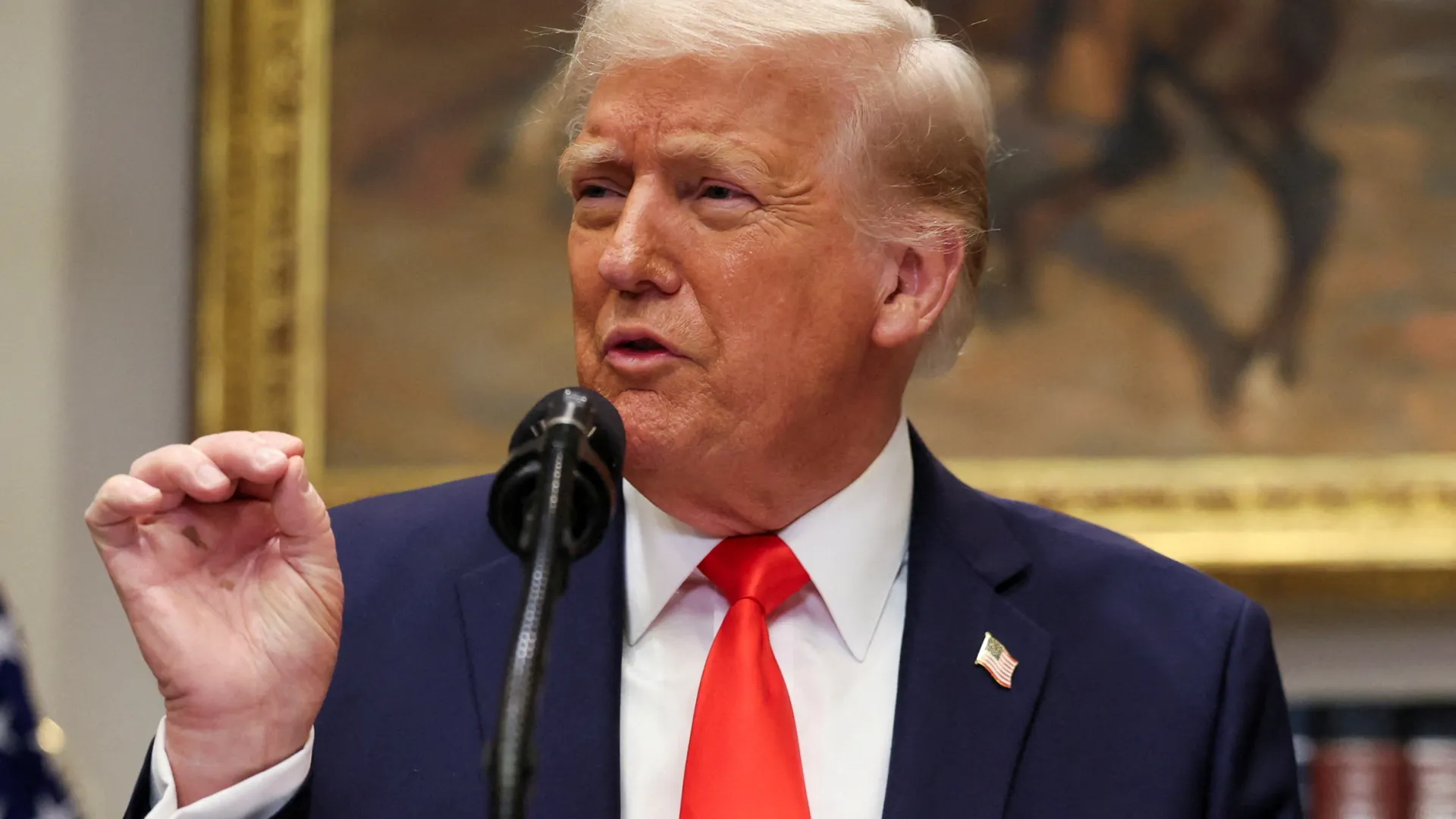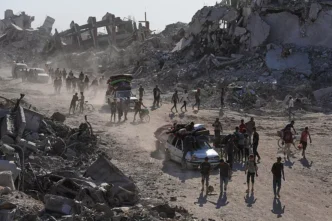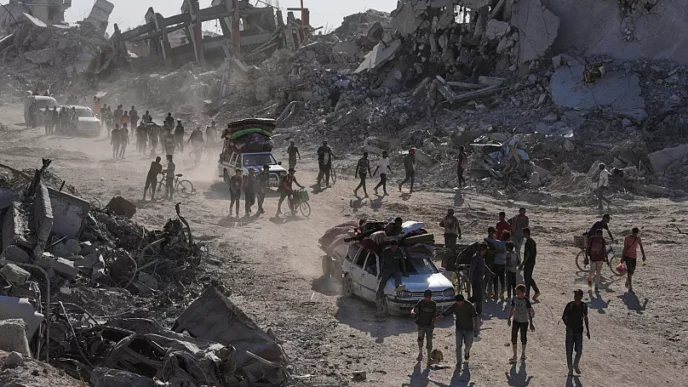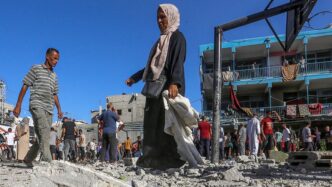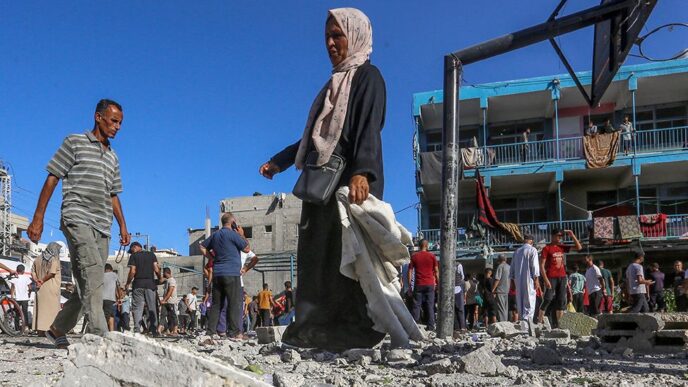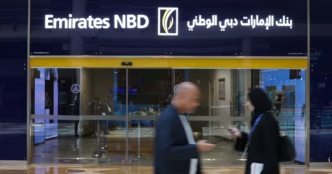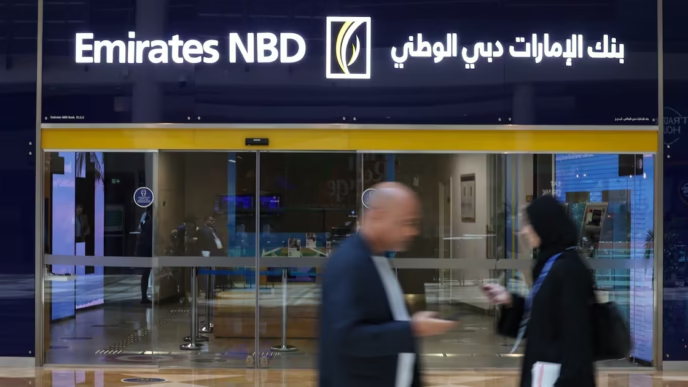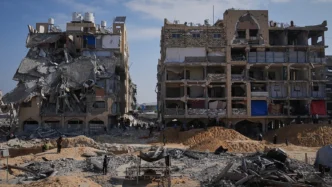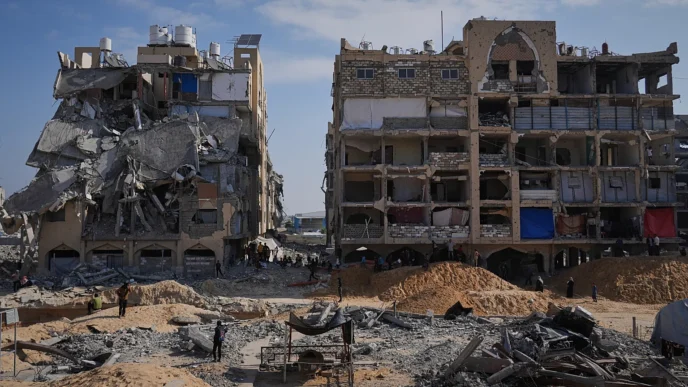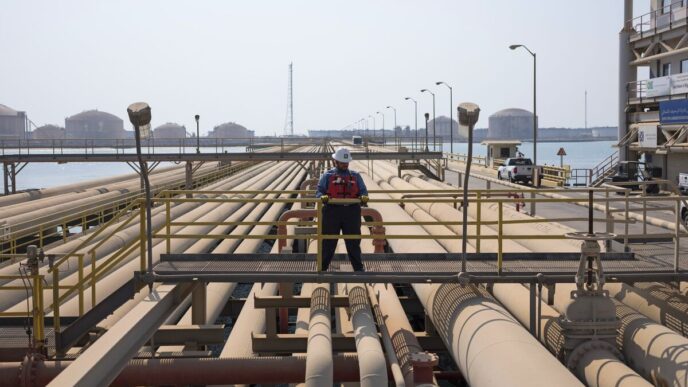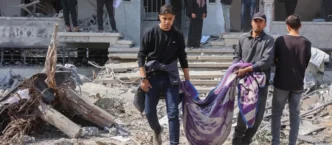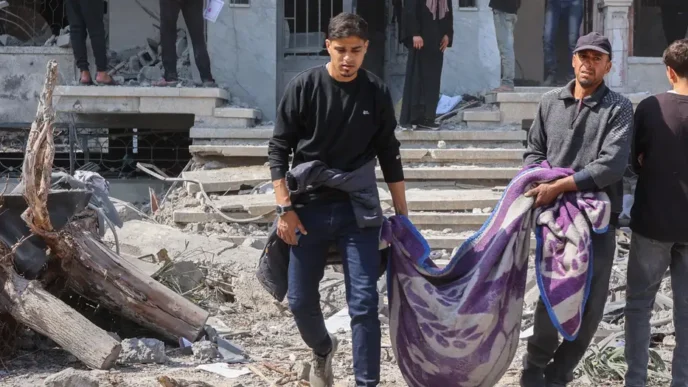U.S. President Donald Trump has intensified efforts to broker a historic peace agreement between Israel and Hamas, as delegations from both sides arrived in Cairo this week for the first round of U.S.-mediated negotiations since Trump’s reemergence on the global stage. The talks, described by diplomats as “fragile but momentous,” aim to lay the groundwork for a cease-fire, hostage release, and reconstruction framework in war-torn Gaza.
At the heart of the negotiations is a question that will define the outcome: Will Hamas agree to release the remaining 20 live hostages, as well as return the bodies of those who have died? The gesture would serve as the first tangible signal of goodwill and could pave the way for a phased truce — or mark the beginning of another failed attempt in the long, turbulent history of Middle East diplomacy.
Trump’s Return to the Global Stage
Trump’s renewed involvement comes amid a shifting geopolitical landscape. After months of escalating violence in Gaza and southern Israel, his proposal — dubbed informally as the “Trump Gaza Peace Plan” — is being tested in real time. Sources close to the former president say Trump has been personally engaged in the process, holding frequent calls with regional leaders including Egyptian President Abdel Fattah el-Sisi, Israeli Prime Minister Benjamin Netanyahu, and Qatari Emir Sheikh Tamim bin Hamad Al Thani.
“President Trump believes this is the right moment for decisive action,” said Jason Greenblatt, a former U.S. Middle East envoy and one of the architects of Trump’s earlier Abraham Accords. “He sees a deal between Israel and Hamas as not only possible but necessary for restoring stability to the region.”
Behind the scenes, Trump has reportedly urged both sides to agree to a three-stage plan that begins with a cease-fire and humanitarian access, followed by the gradual withdrawal of Israeli forces, and culminating in a U.S.-backed reconstruction and governance roadmap for Gaza.
Egypt: The Diplomatic Bridge
Cairo’s involvement underscores Egypt’s enduring role as the region’s chief mediator between Israel and Palestinian factions. The Egyptian intelligence service has hosted dozens of back-channel talks since the beginning of the Gaza conflict, but Trump’s initiative marks the first time U.S. representatives have joined the table under his direct political banner.
The Egyptian Foreign Ministry confirmed the arrival of delegations late Sunday, saying in a statement that “the talks will focus on humanitarian guarantees, security arrangements, and the release of hostages.”
Egyptian officials view the Trump initiative cautiously, aware of both its diplomatic potential and its political overtones. “This is not just about Gaza — it’s about reshaping the regional order,” said Mohamed Shoukry, a Cairo-based analyst on Middle Eastern affairs. “Trump’s return to diplomacy carries both opportunity and volatility.”
Israel’s Calculated Participation
Inside Israel, Prime Minister Netanyahu faces growing domestic pressure to bring home the hostages while maintaining security dominance in Gaza. His government’s decision to send a delegation to Egypt reflects a tactical move — a willingness to engage, but on terms that do not compromise Israel’s control over demilitarization efforts.
According to Israeli media reports, the delegation includes senior figures from the Mossad and the Defense Ministry, signaling that the talks are being treated with serious security weight. However, sources caution that Netanyahu remains wary of any arrangement that could be seen as legitimizing Hamas’s political status.
“Israel wants results — hostages first, then calm,” said Eitan Levy, a Tel Aviv-based political analyst. “If Trump’s plan delivers that, it could redefine his role in Middle East diplomacy. But Israel won’t tolerate vague promises.”
Hamas and Palestinian Skepticism
For Hamas, which continues to hold parts of northern Gaza despite Israel’s offensive, the Cairo talks represent a rare opportunity to reassert political leverage after months of military and humanitarian strain. Yet deep skepticism runs through Palestinian circles about Trump’s involvement.
Many recall the 2018 U.S. decision to recognize Jerusalem as Israel’s capital, as well as the cuts to Palestinian aid programs, which left widespread distrust toward Trump’s motives.
“Hamas doesn’t forget easily,” said Dr. Leila Rahman, a Palestinian political researcher in Ramallah. “They see Trump’s plan as U.S.-Israel-driven. Even if it promises reconstruction and sovereignty, the question is: at what cost?”
Still, internal divisions within Hamas and the dire humanitarian crisis in Gaza could compel the group’s leadership to engage. The release of hostages may serve as a political concession aimed at securing international recognition and opening the door to financial aid and rebuilding projects.
A Fragile Humanitarian Context
The talks unfold against a backdrop of immense humanitarian suffering. More than 30,000 Gazans have been displaced, infrastructure is in ruins, and power shortages continue to paralyze hospitals and water facilities.
Egypt and Qatar have pressed for immediate humanitarian corridors, warning that any progress on political terms will collapse without visible relief for civilians. “The humanitarian file must come first,” said Qatari Foreign Minister Mohammed bin Abdulrahman Al Thani. “No plan will succeed if people are starving.”
Trump’s proposal reportedly includes provisions for an international reconstruction fund, financed by Gulf states, the U.S., and European Union partners, contingent upon Hamas’s compliance and the creation of a demilitarized security zone under Egyptian and international supervision.
The Symbolism of Hostage Release
Diplomats say the release of all remaining hostages is likely to serve as the “make-or-break” indicator of progress. Trump’s advisers have privately urged Hamas to take this step as a goodwill gesture that could ease the path to broader negotiations.
“Hostage release is the moral center of this process,” said one senior Western diplomat in Cairo. “If Hamas moves on that, we may see a domino effect leading toward a sustained cease-fire. If not, this initiative could collapse before it begins.”
What’s at Stake for Trump
For Donald Trump, the high-stakes diplomacy carries as much domestic political weight as it does global significance. As he eyes a return to the White House, a successful peace accord in Gaza could cement his image as a dealmaker capable of achieving what multiple U.S. administrations failed to do.
Critics, however, accuse Trump of politicizing foreign policy for electoral gain, warning that hasty or one-sided diplomacy could destabilize the region further. “This is about Trump’s legacy as much as it is about peace,” said Dr. Nadia El-Khoury, a professor of international relations at Georgetown University. “The danger is that speed may outweigh substance.”
The Road Ahead
As negotiations unfold in Cairo, expectations remain cautiously low. Diplomats describe the process as “fragile but not futile.” The coming days will test whether both sides are ready to exchange symbolic gestures — a cease-fire, a hostage release — for longer-term political compromise.
If the talks succeed, they could set the stage for a U.S.-backed peace summit later this year, potentially hosted in Geneva or Amman, aimed at formalizing a post-war framework for Gaza.
But if they fail, the consequences could be severe: renewed escalation, deeper humanitarian collapse, and the loss of yet another chance for peace.
For now, as delegations meet under tight security in Cairo’s diplomatic quarter, the message from Trump’s camp remains clear:
“The world has waited long enough for peace in Gaza. It’s time to make a deal — or watch history repeat itself.”


